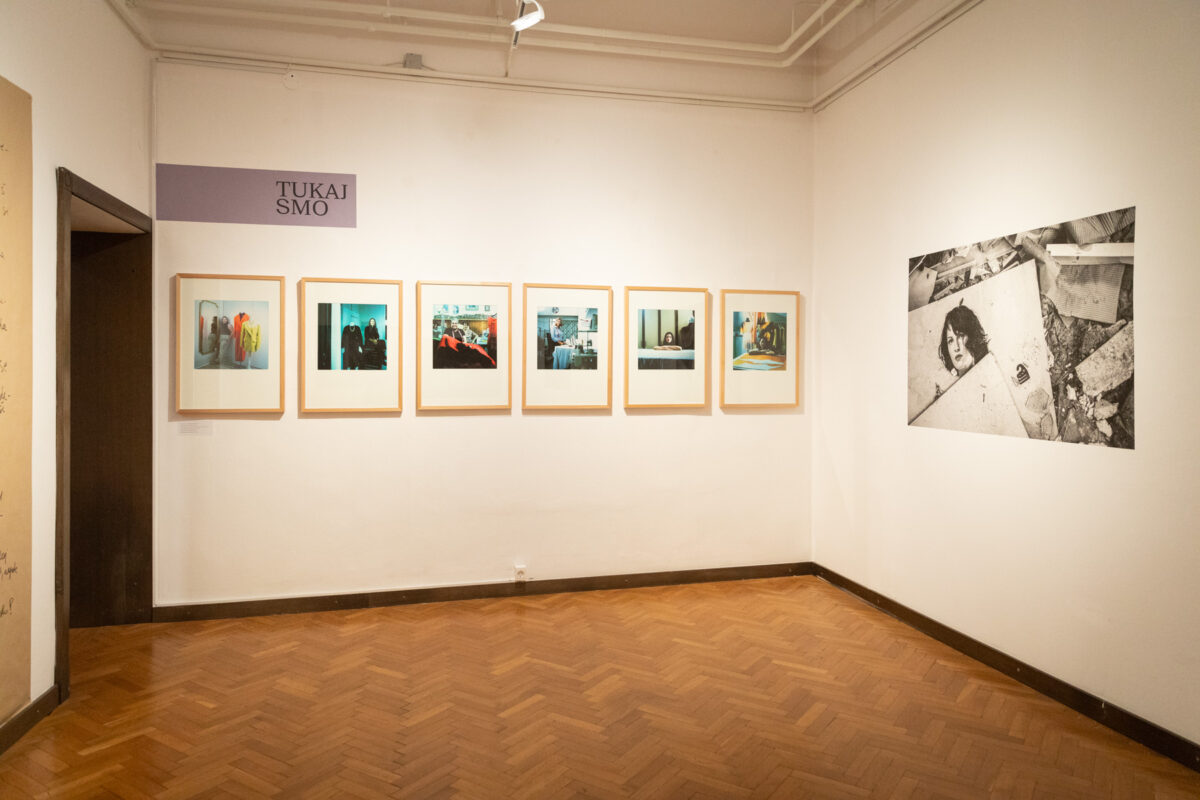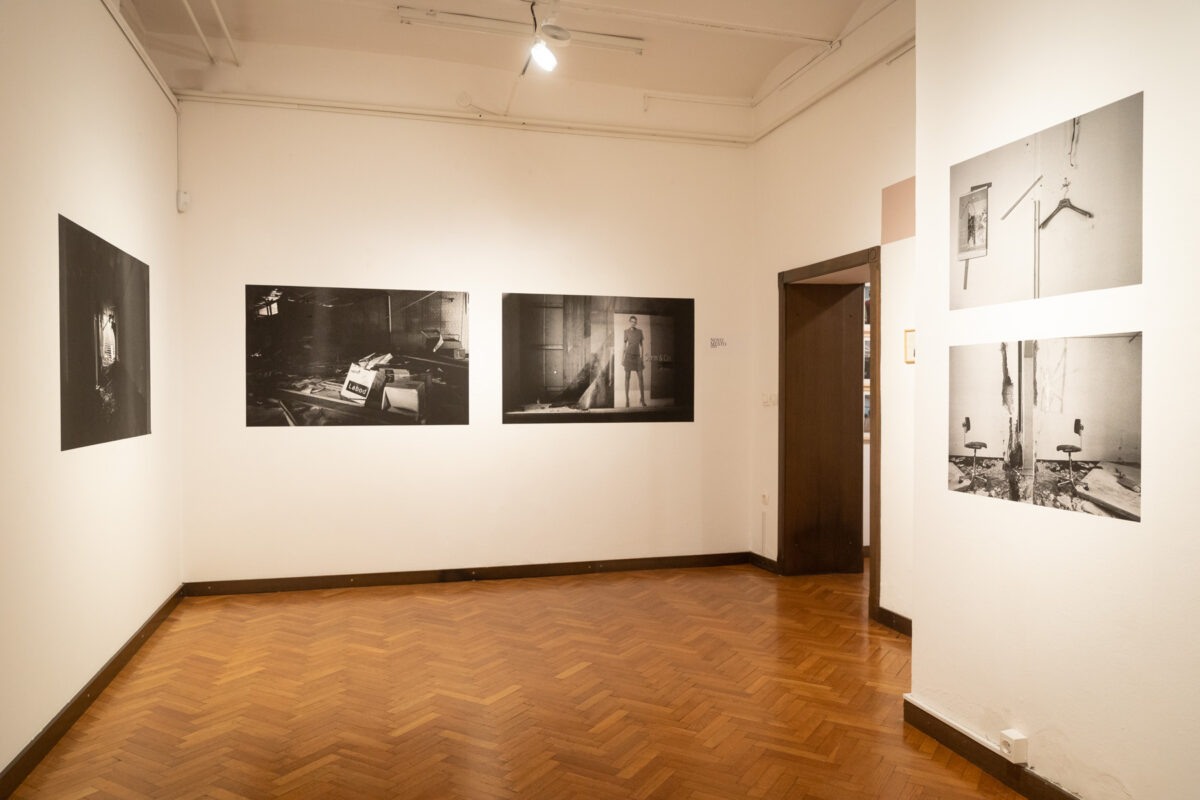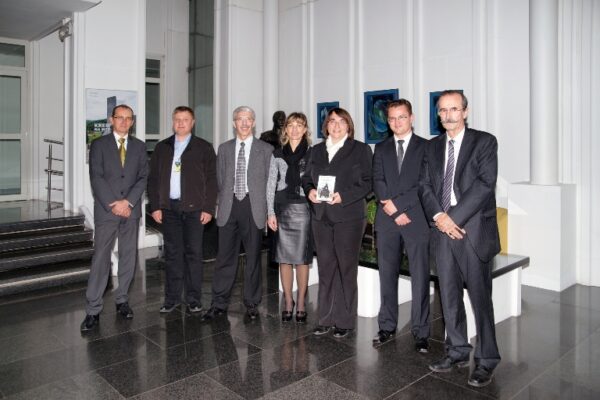- Location: Jakčev dom
Meta Krese (1955) is a journalist and photographer. She publishes in Slovenian and foreign newspapers and magazines. She has illustrated several books with her photographs, has also written several books, and is the co-author of several monographs. For ten years she was the editor of Fotografije, a magazine of Slovenian photographers. Her numerous contributions, mostly with social themes, are from Slovenia and also from far away places, and in recent years more and more from the nearby Balkan countries.
Documenting the textile industry has been a long-standing project of hers. In 2001, when rumours began to circulate that 2 000 workers were to be laid off at Mura, which was considered one of the largest textile factories in Europe with 5 911 employees, she published her first article on women workers in the textile industry in the magazine Mladina. She has also written several other reports for Mladina on decaying textile factories that were once thriving. In 2015 and 2016, she won a Pulitzer Center on Crisis Reporting fellowship for a story on cotton, documenting cotton production in Burkina Faso and Arizona, and work in Bangladeshi and Romanian textile mills. In 2017, publishing house Goga granted her a one-month residency, for the purposes of textile industry research in Novo mesto. She has published texts and photographs about textile workers in national and international publications, and exhibits her photographs in solo and group exhibitions.
The exhibition We Are Not Machines! is a combination of different phases of her work on textiles, spanning over two decades. With them she reveals the stories of the people behind the T-shirts, shirts, jeans and countless other products we wear and use every day. The photographs cover different aspects of the textile industry in Burkina Faso, America, Bangladesh, Romania and Slovenia, ranging from cotton extraction to garment production. In parallel, it problematises the role of Western colonial expansion, capitalism and socialism, and their contemporary echoes in the form of global neoliberalism, on it. It also touches on the aspect of the gender division of labour when talking about light female industry as opposed to heavy male industry.











